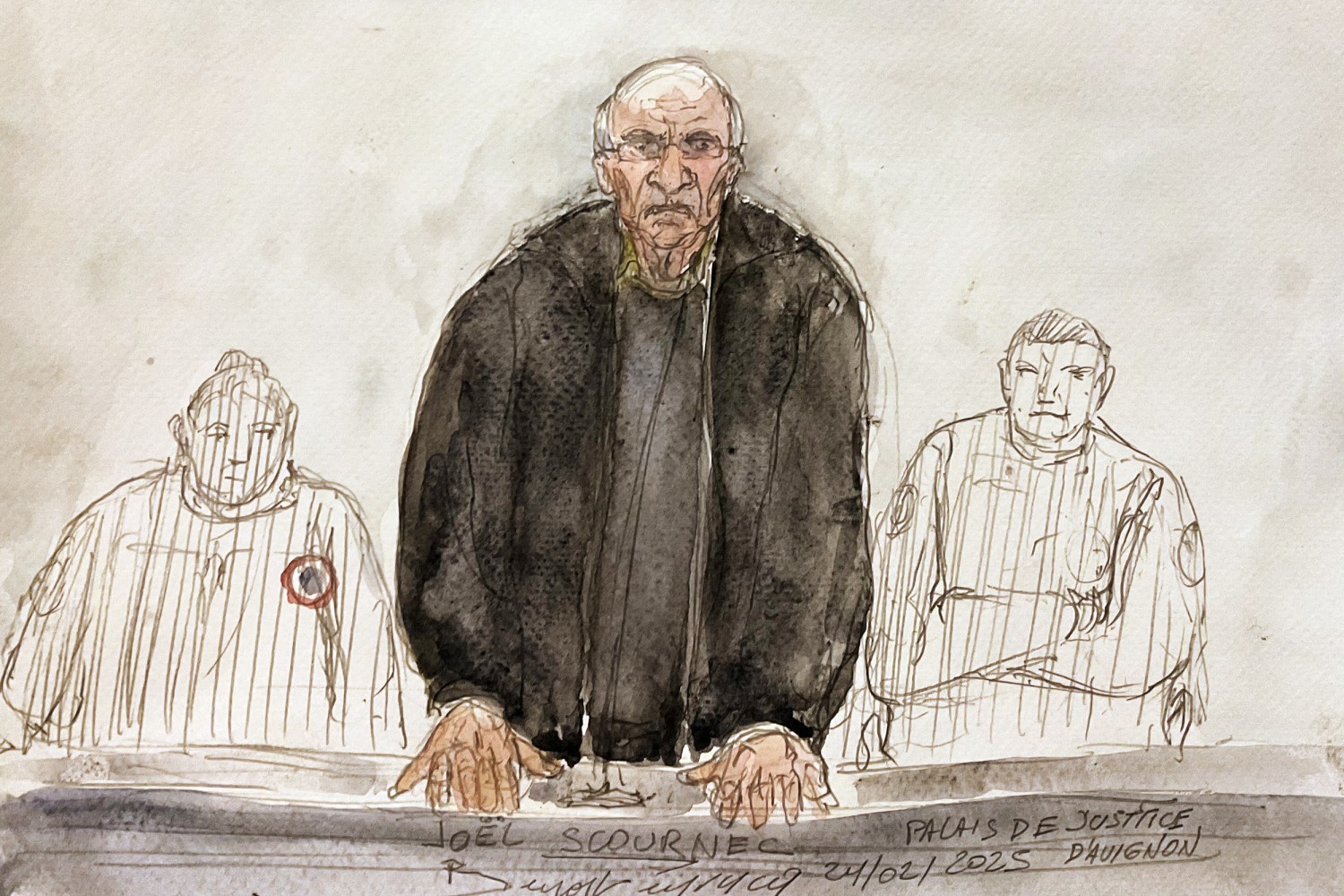Vannes, France — In a landmark conviction that has shocked the world, retired French surgeon Joël Le Scouarnec has been sentenced to 20 years in prison for the rape and sexual abuse of 299 children spanning more than 20 years, between 1989 and 2014.
The 74-year-old, who was already serving a 15-year sentence for previous abuse convictions, confessed in court to a pattern of horrific abuse, often disguised as medical treatment. He admitted to raping his own granddaughter and his 5-year-old niece, among other young patients.
Crimes Hidden in Plain Sight

The abuses came to light following a complaint in 2017 from a parent of a six-year-old neighbor. A subsequent police search of Le Scouarnec’s home uncovered over 300,000 explicit photos, hundreds of pedophilic videos, and detailed notebooks where he documented the names and ages of his victims, often describing his actions in disturbing detail Joël Le Scouarnec.
According to AP News, Le Scouarnec told the court: “I didn’t see them as people. They were the destination of my fantasies.” Despite his apologies, his demeanor during the trial was cold and unemotional.
Bureaucratic Failure and Public Outcry
French prosecutors and child rights activists have blamed systemic bureaucratic failure for allowing Le Scouarnec to continue practicing medicine even after a 2005 conviction for child pornography. He served only four months before being reinstated in a hospital.
“He was a devil in a white coat Joël Le Scouarnec,” said prosecutor Stéphane Kellenberger, calling attention to how institutional negligence allowed the abuse to continue unchecked. Many victims and their families are now demanding accountability from medical boards and government agencies.
France’s Largest Child Abuse Trial
The case is being called one of France’s largest child sexual abuse scandals. Among the 299 identified victims, 158 were boys and 141 were girls. At least two victims died before the conclusion of the trial, which many said did not receive the attention or transparency it deserved.
A group of survivors and advocacy organizations released a joint statement: “This trial, which could have served as an open-air laboratory to expose the serious failings of our institutions, seems to leave no mark on the government, the medical community, or society at large.”

What Happens Next?
While Le Scouarnec will spend the rest of his life in prison, the case has sparked a national debate on child protection policies, medical ethics, and bureaucratic accountability in France. Rights groups are pushing for stricter background checks, real-time medical monitoring, and a complete overhaul of how complaints are handled in the healthcare sector.
This tragedy underscores the critical need for vigilance, systemic reform, and survivor-centered justice mechanisms in institutions meant to protect the most vulnerable.









